Reseptoplasty (repeated operations)
Reseptoplasty is a revision surgery on the nasal septum. It is performed when primary rhinoplasty did not give the desired result. Reseptoplasty is aimed at correcting and improving deformities from previous surgery. The patient receives a more harmonious appearance of the nose and complete restoration of its functions.

Best
specialists
specialists

Expert
equipment
equipment

Advanced diagnostic
treatment
treatment
General information about the procedure
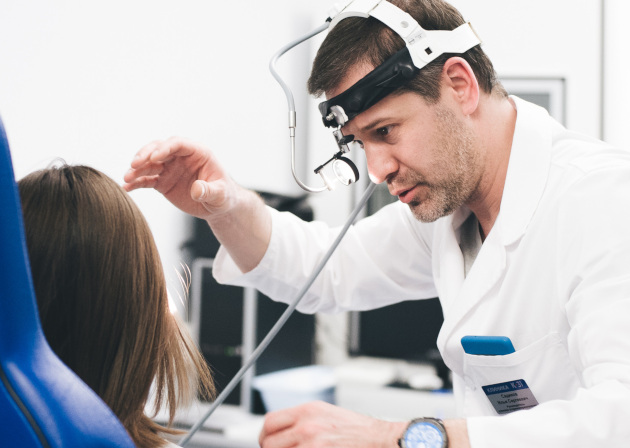
How is an appointment with an otolaryngologist at K+31?
During the initial appointment, the doctor questions the patient in detail about complaints, clarifies the history of the disease, and lifestyle. Next, a thorough visual examination of the nose, pharynx, ear, and larynx is carried out. Special tests are prescribed to assess the acuity of hearing and smell.
Our doctors

2GIS Award
This award is given to clinics with the highest ratings according to user ratings, a large number of requests from this site, and in the absence of critical violations.

«Good place» according to Yandex
This award is given to clinics with the highest ratings according to user ratings. It means that the place is known, loved, and definitely worth visiting.

Our doctors are laureates of the ProDoctors Award
The ProDoctors portal collected 500 thousand reviews, compiled a rating of doctors based on them and awarded the best. We are proud that our doctors are among those awarded.
Make an appointment at a convenient time on the nearest date
Price
Otorhinolaryngologist primary appointment
from 5 460 ₽
Otolaryngologist repeated appointment
from 5 460 ₽
Reception of an otorhinolaryngologist at home in Moscow within the Moscow Ring Road
from 18 810 ₽
Planned remote online consultation of an otorhinolaryngologist using telemedicine technologies

Appointment to the doctor
Fill out the form, our managers will contact you within 15 minutes
Our clinics
Didn't find the service you were looking for?
Call us!
+7 (495) 104-48-14
Write to whatsapp
Ask question
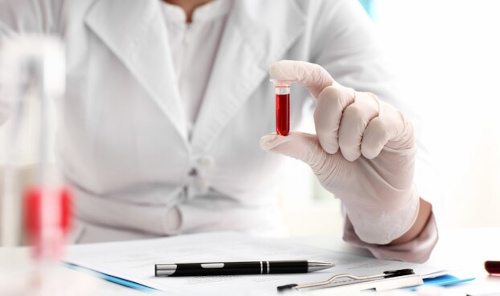

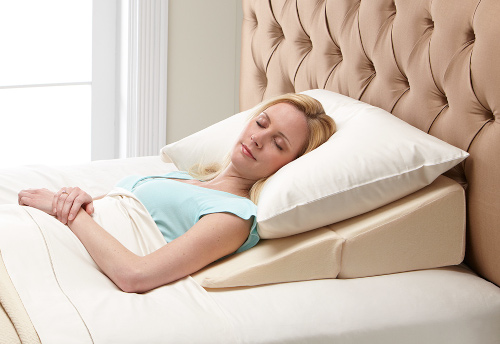

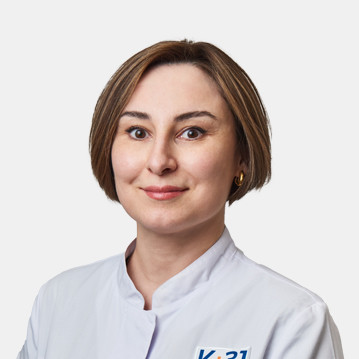
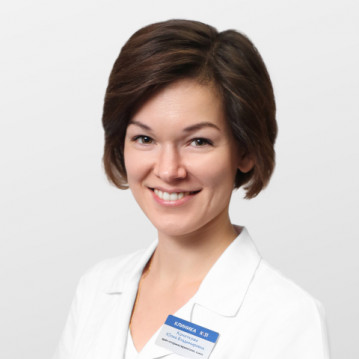
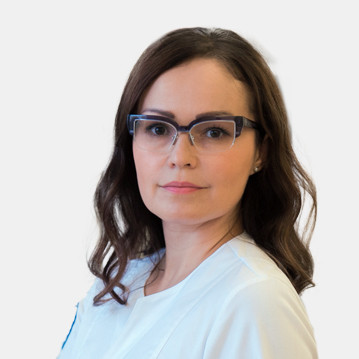
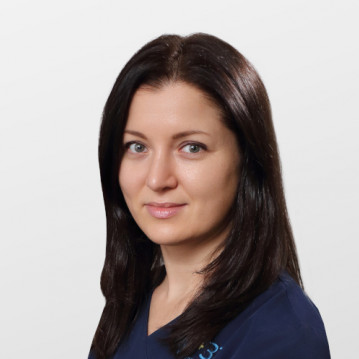
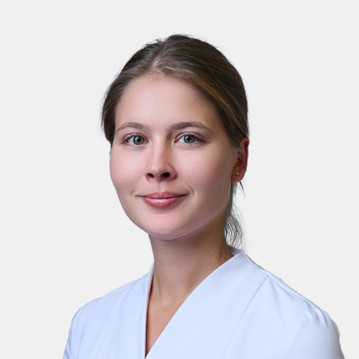
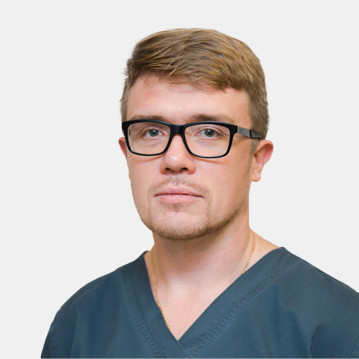
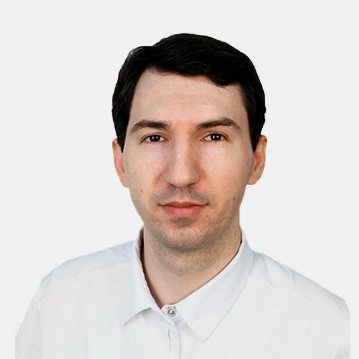
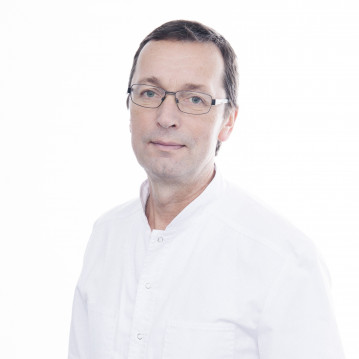
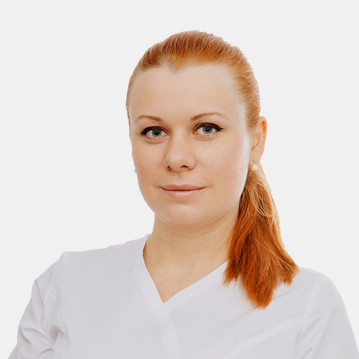
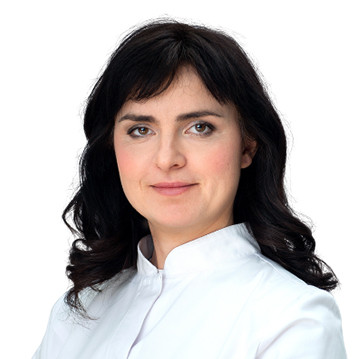
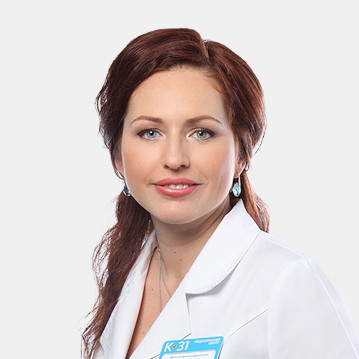
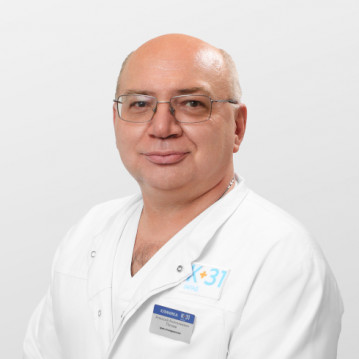
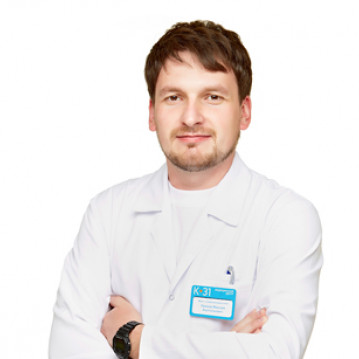
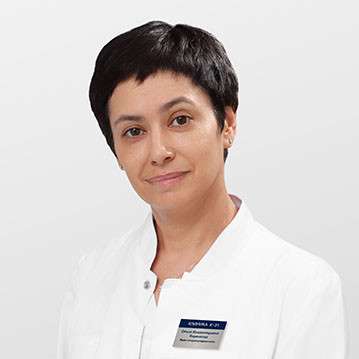
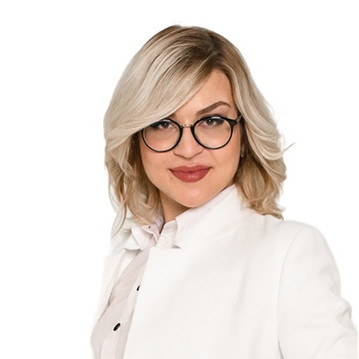
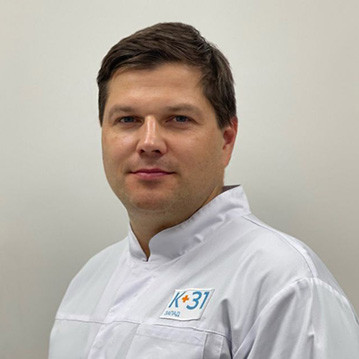
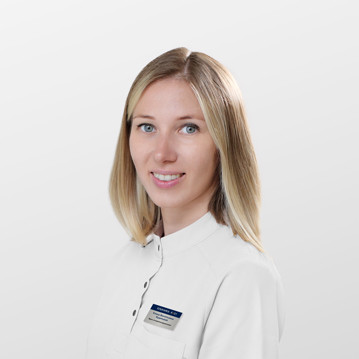
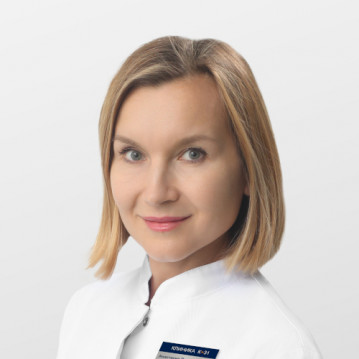
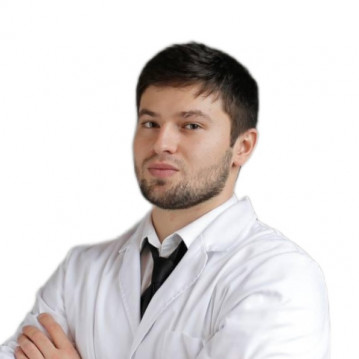
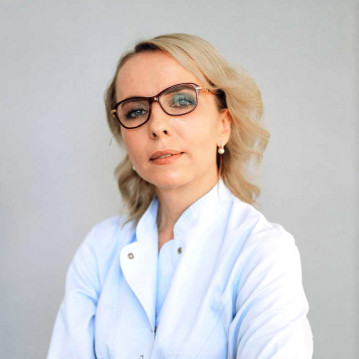
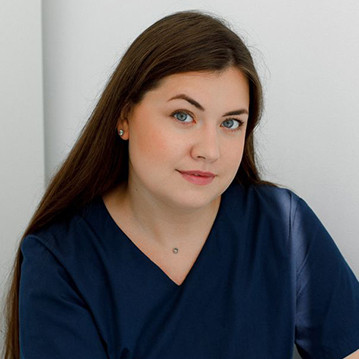
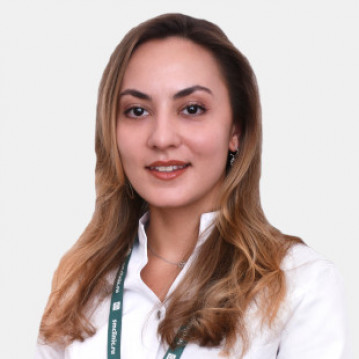





When is revision surgery on the nasal septum necessary?
Sometimes the first operation on the nasal septum (septoplasty) does not bring positive changes: the curvature of the nose remains, and breathing is still difficult. The success of treatment depends on many factors: clinic, equipment, qualifications and experience of the doctor. Sometimes problems arise due to improper care after the intervention or repeated injuries to the nose, postoperative complications.
If after septoplasty the deformation of the nasal septum remains and the patient is bothered by frequent headaches, chronic runny nose or allergic reactions, he is prescribed a repeat operation. In case of bleeding disorders, reseptoplasty is performed after stabilization of the condition.